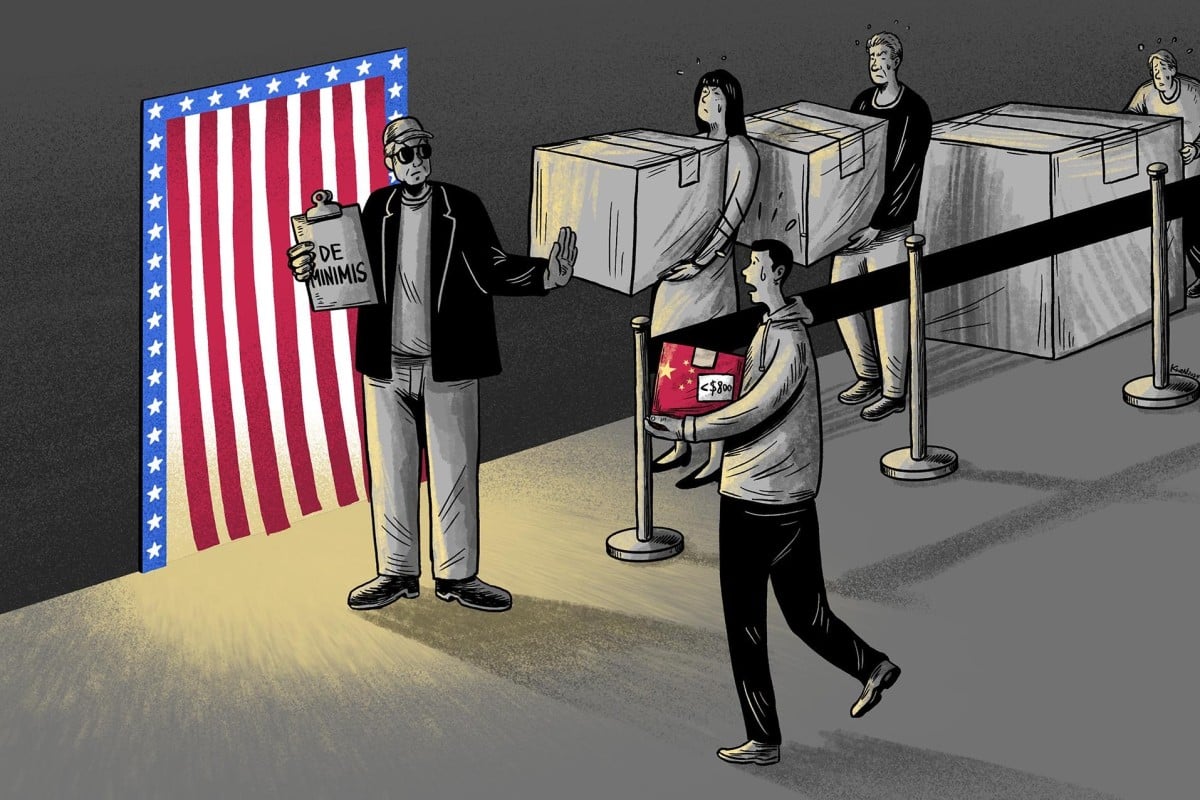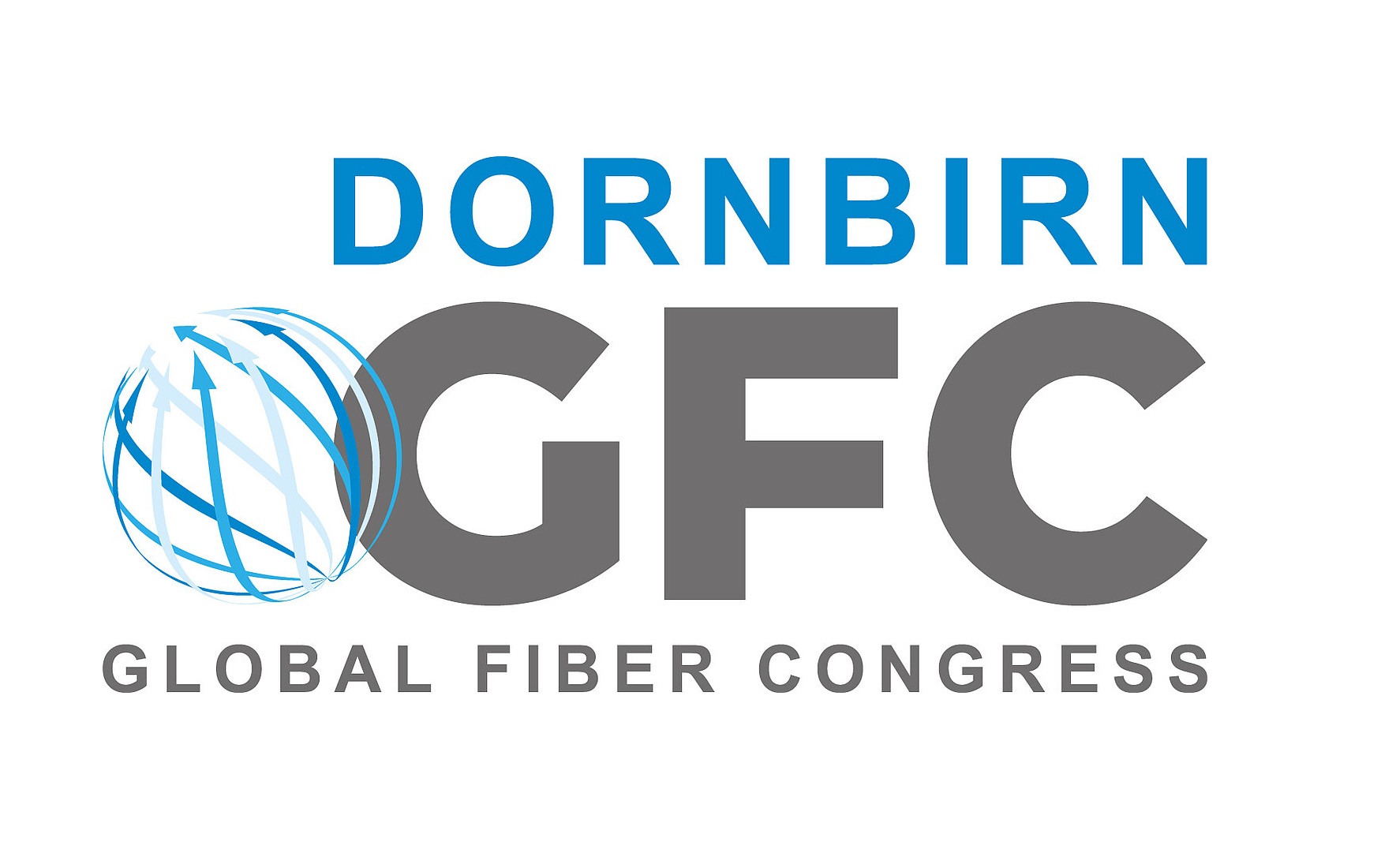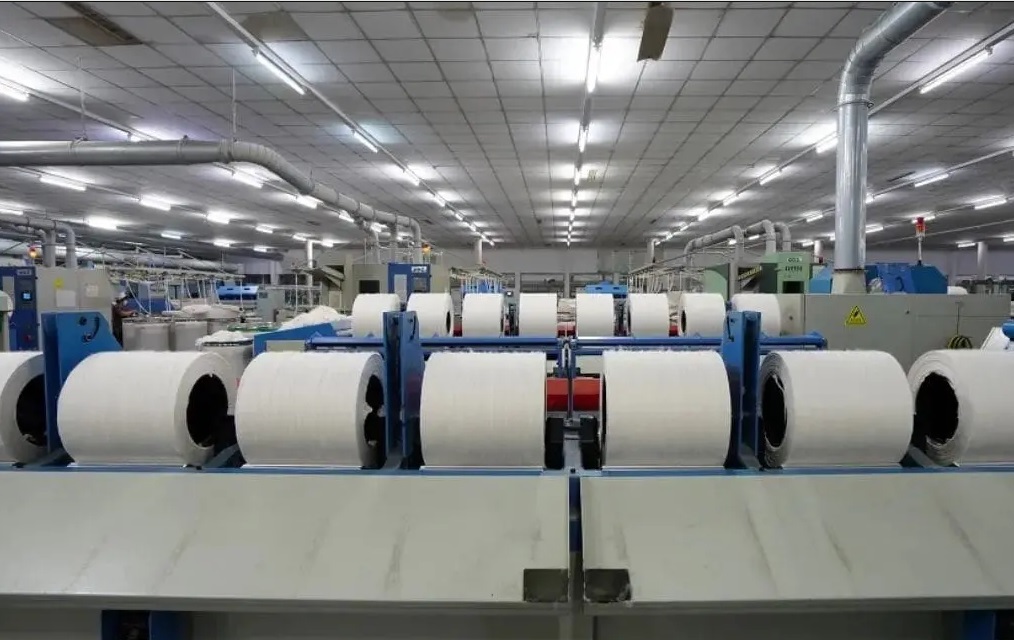
The de minimis provision, a trade rule dating back to the 1930s, allows goods valued under a certain threshold (currently $800) to enter the U.S. without paying duties or undergoing the usual scrutiny applied to larger shipments. While intended to streamline low-value imports, this loophole has increasingly been exploited, particularly by e-commerce giants like Shein and Temu, to flood the U.S. market with cheap goods, often from China.
The National Council of Textile Organizations (NCTO) has been vocal about the detrimental effects of this practice on the U.S. textile and apparel industry, citing job losses, the influx of potentially illegal or unsafe products, and the undermining of U.S. trade remedies.
Key impacts of the new measures
In a significant move aimed at curbing the abuse of the de minimis provision, the White House announced a series of executive actions on September 13, 2024. These include:
• Rulemaking to restrict de minimis for goods subject to trade remedies: This directly impacts Chinese e-commerce platforms that have been circumventing tariffs imposed on certain Chinese goods, notably impacting the textile and apparel sector which sees 70% of its imports from China subject to Section 301 tariffs.
• Enhanced data collection on de minimis shipments: This measure will improve transparency and aid in identifying potentially problematic imports.
• Global exclusion of trade-sensitive items from de minimis: This proposal, if implemented, could significantly reduce the volume of textile and apparel goods entering the U.S. under de minimis, making it easier to detect illicit products and enforce trade laws.
• Increased textile and apparel procurement by the U.S. government: This initiative aims to support the domestic industry by boosting demand for U.S.-made goods.
Impact analysis
• US Apparel Imports: The measures are expected to decrease the volume of apparel imports, particularly from China, entering through the de minimis channel. This could lead to higher prices for consumers but may also create opportunities for domestic manufacturers to regain market share.
• E-commerce: E-commerce platforms, especially those heavily reliant on de minimis shipments from China, will likely face challenges. They may need to adjust their pricing strategies, diversify their supply chains, or face increased scrutiny from U.S. authorities.
• Shein & Temu: These Chinese e-commerce giants, known for their ultra-fast fashion model and low prices enabled partly by de minimis, will be significantly impacted. They may need to rethink their business models to remain competitive in the U.S. market.
Data Points
• US apparel imports: Totaled $93.3 billion in 2023, with China accounting for 32.6%
• US e-commerce: Accounted for 14.7% of total retail sales in 2023
• Apparel e-commerce: Represented 36.7% of total U.S. apparel sales in 2023
• Shein & Temu imports: While exact figures are not publicly available, estimates suggest they account for a significant portion of de minimis shipments, potentially in the billions of dollars annually
Impact on Shein & Temu:
• Direct Hit: These companies have thrived due to the de minimis provision, offering a vast array of inexpensive apparel with rapid shipping times. The new rules pose a direct threat to their business models. • Adaptation or decline: Shein and Temu will need to adapt quickly, potentially by establishing US-based warehouses or diversifying their sourcing. Failure to do so could lead to a significant decline in their US market share.
• Transparency & compliance: The increased scrutiny on de minimis shipments will also force these companies to be more transparent about their supply chains and ensure compliance with labor and safety standards.
The White House's actions represent a significant step towards addressing the long-standing concerns about the de minimis rule. While the full impact on US apparel imports and e-commerce remains to be seen, it is clear that this will lead to a major shift in the industry. The changes are likely to benefit domestic manufacturers, promote fairer trade practices, and potentially encourage a more sustainable approach to fashion consumption. However, it also poses a significant challenge for e-commerce giants like Shein and Temu, who will need to adapt or face a significant decline in their US operations.












